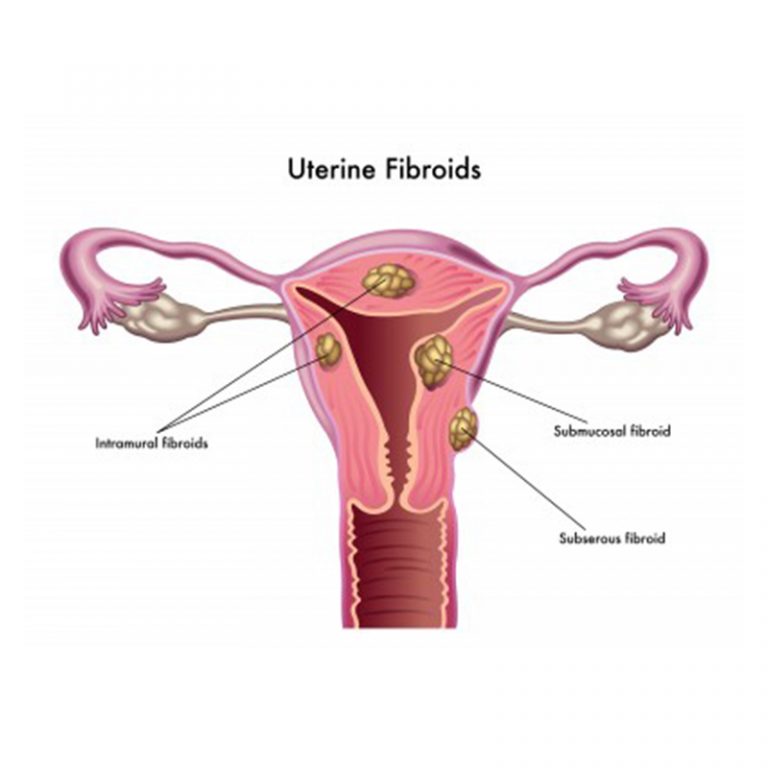Gum disease and halitosis treatment the Ayurvedic Way.
Dental Care – More Than A Nice Smile
There are many good reasons to take care of our teeth – some obvious, some less so. What can be said, without any doubt, is that good oral hygiene is a window to overall good health.
Firstly, we need healthy teeth and gums to adequately chew and taste our food. Chewing enables us to feel the shape and texture of the food, making us more sensitive to its flavors. This in turn stimulates the production of enzymes from saliva glands and it is these enzymes that carry out the first stage of digestion, for example Amylase which starts the digestion of carbohydrates and Lipase which begins fat digestion.
We can easily see when our teeth are not as healthy as they should be, mainly because of plaque formation. This is a soft, whitish deposit on the surface of the teeth caused by bacteria combining with food particles. If teeth cleaning is not done properly, the bacteria will use the sugars in the food to produce acids that can eat away at the tooth enamel causing cavities. If the teeth are cleaned regularly and correctly, removing plaque should not be too difficult; but if it is allowed to build up over a period of time the teeth will start to turn yellow and the deposit will harden forming tartar – a layer of hardened calcified plaque. This can only be removed with special tools. Finally, it causes gum disease symptoms like redness and swelling of the gums, and loose teeth will need to be extracted. Recent studies have also shown that unhealthy teeth may contribute as a cause of cardiovascular disease.
Furthermore, unsatisfactory oral hygiene may also trigger a condition called halitosis, which results from an over growth of bacteria in mouth. This bacteria utilities food particles which are stuck in the teeth to produce metabolites which generate bad smell and thus ultimately causes bad breath.
In my years as a practitioner I have found that yellow teeth are often present in patients who have excess acidity in their system. Correcting this is not, as is often believed, a simple matter of adopting an alkaline diet; the pH of the human body varies greatly from one organ to the next, so the individual causes need to be carefully investigated. Yellow teeth, for example, can be indicative of a liver, pancreas or kidney disorder.
How to treat gum disease?
The importance of good oral hygiene can therefore not be over-emphasized and cleaning teeth every day is a vital part of this process. However, repeated use of a brush and abrasive paste may damage the thin enamel coating and for this reason we recommend the use of an Ayurvedic tooth powder which is gentle but nonetheless highly effective. Massaging using the tooth powder with a forefinger enables it to penetrate the gums and cheeks, promoting the production of saliva and dissolving the toxic bio film which can then be washed away. Bacterial and viral growths are thereby prevented from spreading to the organs and also serve the purpose as a halitosis treatment.
For more information or to seek out help and treatment regarding this condition, call the YATAN Holistic Ayurvedic Centre on 1300 552 260.

*Discover holistic healing with a complimentary phone or video consultation from our expert Ayurvedic practitioner. Start your path to better health today!*





















